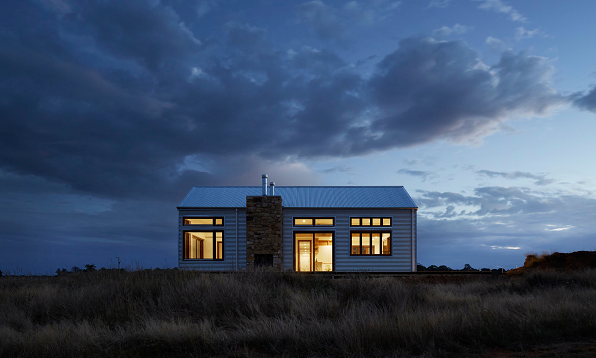Investing In Real Estate Vs. Stock and Bonds

We get this question a lot. Should I invest in a rental property or flip a house? Actually, many times it isn’t a question, more of a statement: So…I bought this house…*sigh*
We get it, the allure of income properties or fast flips has become sexy. Something we can get our hands on and try out all those HGTV skills we’ve acquired. And the truth is that for some people real estate is a logical part of their overall portfolio, but for most it is an expensive hobby at best. Below we will try to give you some basic tools to evaluate whether that next real estate opportunity is a good investment or a flop.
First let’s take real estate investing for what it really is, an investment. And with all investments the first questions you should ask is, Will this make me money? And how much? From there you can compare the opportunity to other investment choices available. For example if you expect to make 5% a year from the rental property versus 8% a year from the stock market, maybe all that work is not worth it after all. But how do you determine what return to expect from a property? Well if you are asking that question, maybe real estate investing is not for you just yet, but here is some education for the future.
We will use the example of a long-term rental property but the same logic can be used for a flip. In this case, a $200,000 property with 20% down and a 30-year mortgage at 5%. First estimate how much income you can generate from the property after expenses per year. Maybe you think you can collect $1,500 per month in rent. Then start to subtract all those expenses, and there are a lot. Mortgage, property taxes, insurance, maintenance, maybe utilities, downtime, you get the idea. After it is said and done maybe you are left with $100 per month in net income. Then you need to divide that number by your equity in the property. Say you have $40,000 invested in the property in this example to secure the mortgage, your yield would be 3% ($100 X 12 months / $40,000). You may be able to claim so additional tax deductions which may bump this number a little, but be careful because you may need to give some of it back if you sell, see below.
Next you need to calculate the part of your return from the property value appreciating over time. This is the much more important figure in a flip. In the case of long-term rental, we suggest you keep your expectations of property growth modest, maybe 2% a year. But remember that 2% a year is not all yours. You will need to pay a broker to sell the property which will typically cost 6%. The government will also want their cut because this is an investment property. If you own the property for more than one year that would mean long term capital gains of 15% (could be as low as 0% or as high as 20% depending on your income). Plus, your state might want a cut too. In the case of a flip or big renovation you will need to subtract the expense of the work. All in all, that 2% might be more like 1.5%. And remember those deductions you took to help your yield above, if you depreciated the property you may need to “recapture” some of that when you sell.
So now we are left with an investment that might provide 3% per year in yield and 1.5% in appreciation, for a combined rate of 4.5%. And look at what you had to go throw to get it, locking your money up for a long time. In comparison, you could have invested that money in an investment account for little to no work. You could even use a retirement account like a IRA or Roth IRA to maximize this return.
So should you consider real estate in your portfolio? We think you should get paid for all that extra work. If you can find returns comparable with other investments like stocks and bonds and get a little extra to boot, maybe it is worth considering. 10% per year total return is a good benchmark for a long-term rental. However, if you’ve been watching too much HGTV and have the real estate bug, maybe you are best just working on your own home or volunteering with a group like Habitat for Humanity that will work that bug right out of you.
Content in this material is intended for general information only and not intended to provide specific advice or recommendation for any individual. Please contact the appropriate professional prior to investing.

